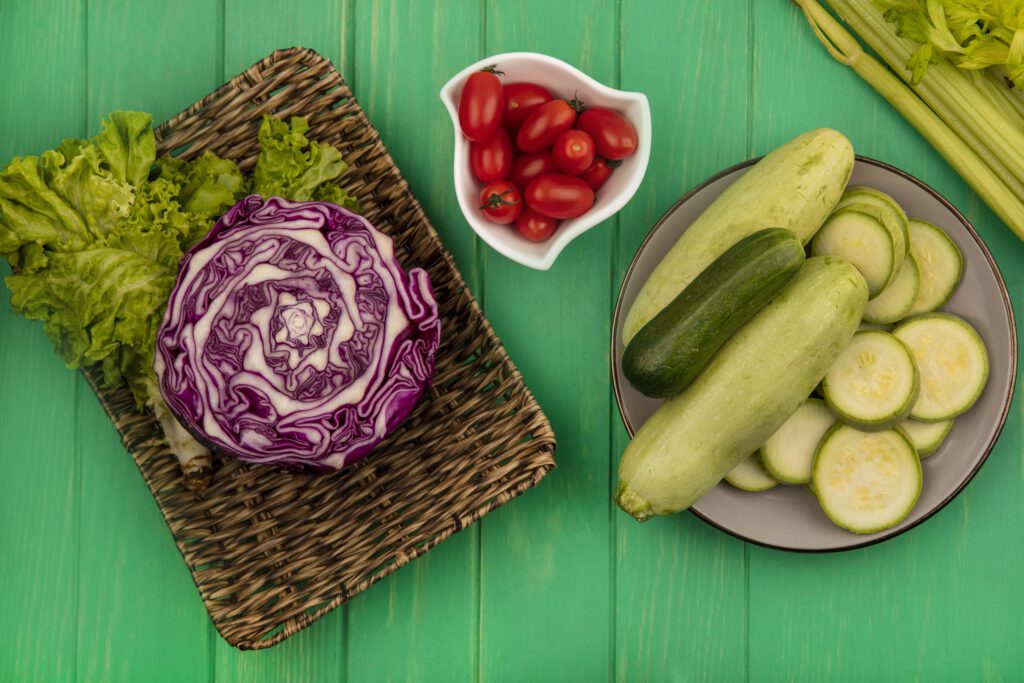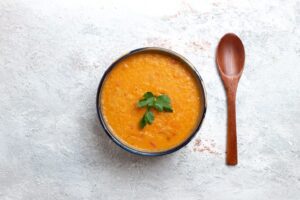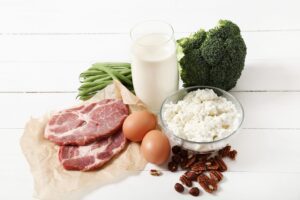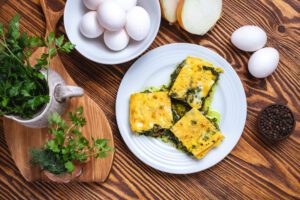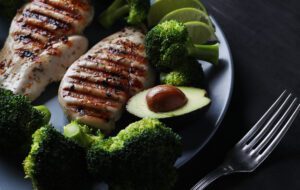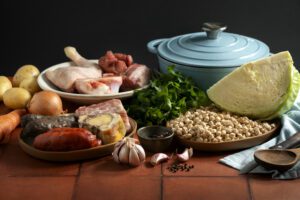Cancer is a universal disease. Thousands of people each year suffer from it and seek alternative or complementary treatments to cure it. One of the most well-known strategies of recent years is the raw food diet and the healing of cancer. But does the raw food diet cure cancer or is it a fad? That leaves the question of whether or not there is any research to suggest that the raw food diet can cure cancer or is a fad.
We will be seeing it scientifically and pragmatically in this blog. And, even though we’re addressing myths and BS, here are some real-life tips and tricks that can help cancer patients make sense of the relationship between raw food diet and cancer treatment.
Table of Contents
Raw Food Diet: A Introduction
A raw food diet is a diet that contains only raw and least processed foods. It is made of foods such as fruits, vegetables, nuts, seeds, and fermented food. This diet is built on the idea that most nutrients are destroyed by cooking and that raw food is healthier and better for you.
Common Foods of Raw Food Diet
- Fresh Fruits – Apples, bananas, oranges, berries, mangoes, etc.
- Vegetables – Carrots, cucumbers, spinach, kale, broccoli.
- Nuts and Seeds – Almonds, walnuts, chia seeds, flaxseeds.
- Sprouted Grains and Legumes – Sprouted lentils, quinoa, mung beans.
- Fermented Foods – Kimchi, sauerkraut, kombucha.
- Cold-Pressed Oils – Olive oil, coconut oil.
The Connection between Raw Food Diet and Cancer
Cancer is a complex disease in which abnormal cell growth occurs which affects the body’s tissues and organs. During treatment, a balanced and nutritious diet is maintained so that the body’s healing capacity and immune system can be supported.
The bulk of the connection between a raw food diet and cancer cure can be accounted for by nutritional and antioxidant effects. Nutrition in raw foods contains vitamins, minerals, and phytochemicals to neutralize free radicals and counter oxidative stress. These factors are thought to play a large role in the benefit of the raw food diet for cancer prevention.
Science Behind Raw Food Diet in Cancer Recovery
- Antioxidants: Raw foods, and particularly a rainbow of vibrant fruits and vegetables, are loaded with antioxidants that help to neutralize oxidative stress, the primary link between the raw diet and cancer.
- Enzymes: Enzymes get destroyed during cooking, but raw foods retain them for digestion and absorption. This is why raw food advocates think the raw food diet and cancer cures work.
- Detoxification: The raw food diet flushes toxins away and the body heals itself, which makes the evidence even more compelling in favor of a raw food diet and cancer recovery.
Raw Food Diet Benefits for Overall Health
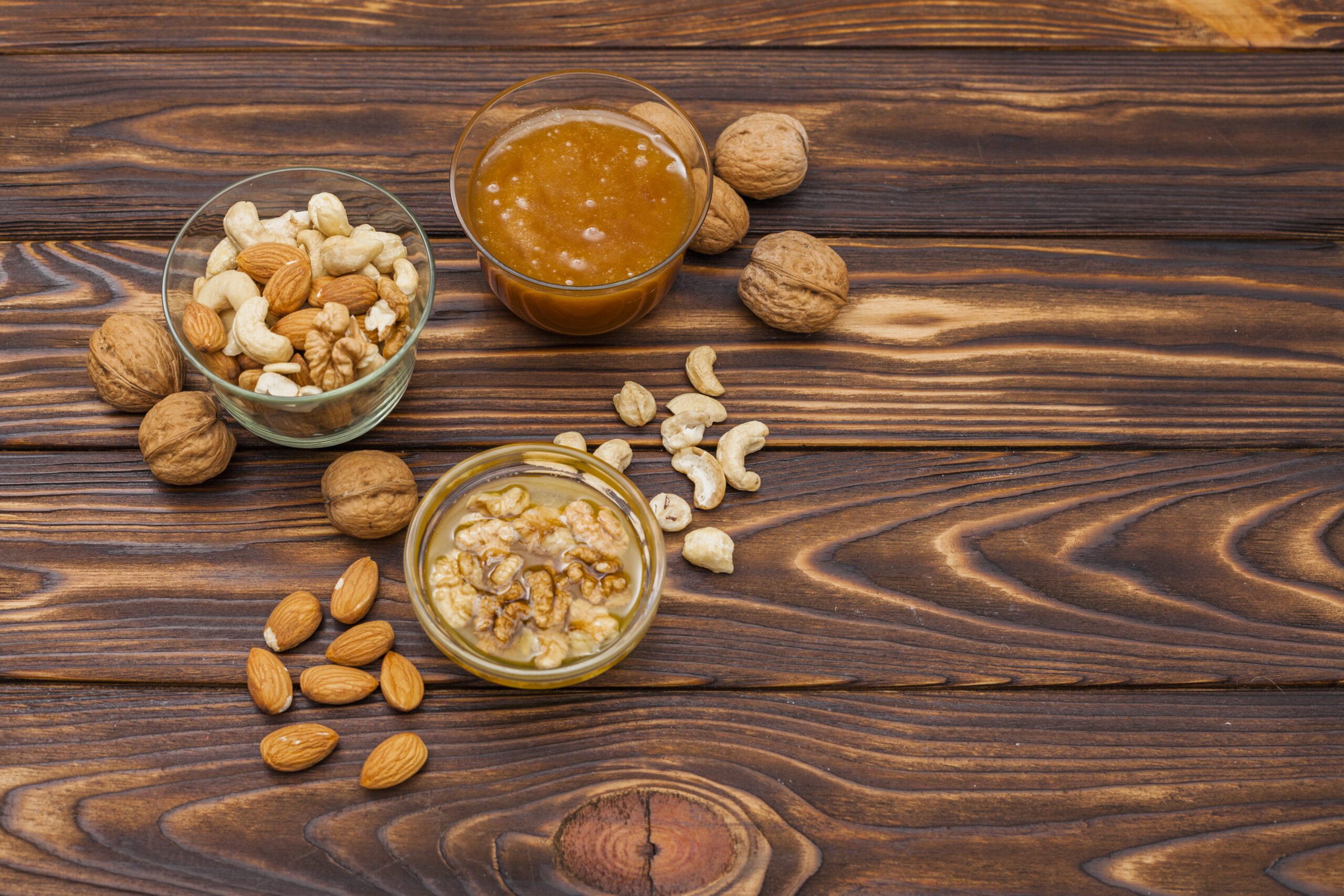
While not exclusive to cancer patients, the benefits of a raw food diet and cancer recovery overlap in significant ways:
1. Nutrient-Density
- Raw foods are packed with vitamins and minerals that are essential for the body. Vitamin C, folate, potassium, and magnesium are easily available in raw foods.
2. Antioxidants for Cellular Protection
- Berries and leafy greens are packed with antioxidants, a natural way to lower inflammation that’s a cornerstone of the raw food diet and cancer connection.
3. Improved Digestion
- Raw foods are high in fiber, which improves gut health and smooth digestion. They regulate bowel movements and prevent constipation.
4. Weight Management
- Raw foods are naturally low-calorie, which helps in weight management. Replacing more processed and high-calorie foods makes it easier to maintain a healthy weight.
5. Enhanced Energy Levels
- Fresh and unprocessed foods give more energy to the body and reduce lethargy.
Myths About Raw Food Diet and Cancer Recovery
It’s also the fact that raw food diets are widely popular that has caused confusion around their impact on cancer. These myths tend to make an overstatement of the correlation between the raw diet and cancer outcomes.
Myth 1: Raw Food Diet Can Cure Cancer
- The raw food diet and cancer are directly linked, and raw food alone can cure cancer. Cancer treatment requires a combination of medical interventions and nutritional support.
Myth 2: Cooking Destroys All Nutrients
- Cooking may reduce some nutrients such as vitamin C, but some nutrients such as lycopene (found in tomatoes) and beta-carotene (found in carrots) become more bioavailable with cooking.
Myth 3: Raw Foods Are Always Safe
- Raw foods carry the risk of contamination. If fruits and vegetables are not washed properly, they can be exposed to bacteria and pesticides.
Facts About Raw Food Diet and Cancer Recovery
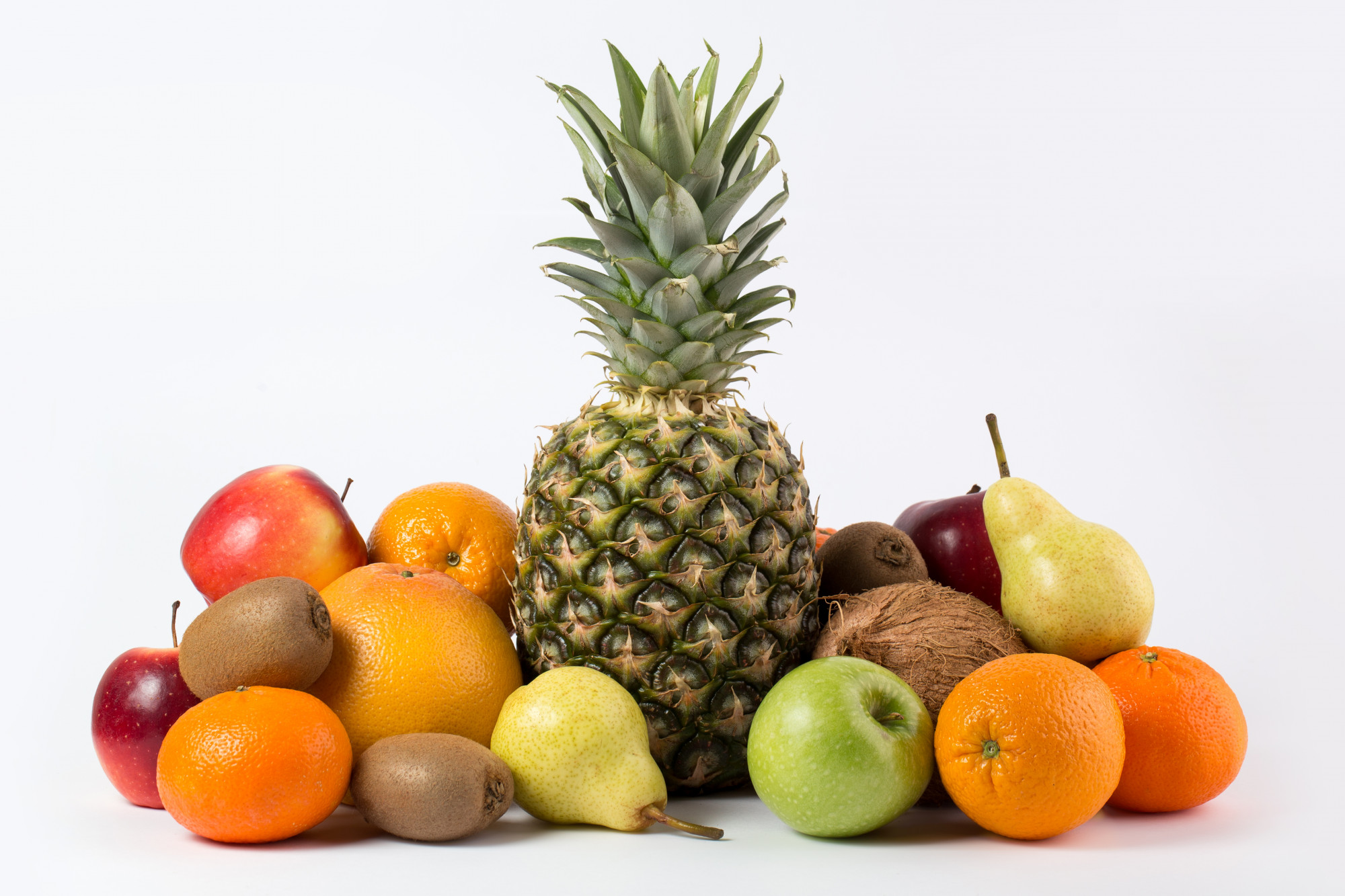
Fact 1: Raw Food is Not a Standalone Cure
- The raw food diet and cancer recovery require a balanced approach.
Fact 2: Balanced Diet is Crucial
- Relying only on raw foods can lead to nutritional deficiencies. A balanced diet that is a mix of cooked and raw foods is more effective.
Fact 3: Medical Supervision is Necessary
- Every dietary change, especially concerning the raw food diet and cancer, should be supervised by a medical professional.
Real-Life Success Stories
Case Study 1: Sarah’s Journey
Sarah incorporated a raw food diet and cancer recovery plan alongside medical treatments. She noticed better energy levels and digestion.
Case Study 2: John’s Experience
John attempted an exclusive raw food diet and cancer recovery without professional guidance, which led to health complications.
Risks of an Exclusively Raw Food Diet During Cancer Recovery
- Nutritional Deficiencies: A raw food diet can cause a deficiency of protein, calcium, and Vitamin B12, which are essential for recovery.
- Low Energy Levels: High-calorie and nutrient-rich foods are essential for cancer recovery, which cannot be fulfilled by raw food alone.
- Digestive Issues: High fiber intake can cause bloating and digestive discomfort.
How to Safely Include Raw Food in Your Diet
- Mix Raw and Cooked Foods: Adopt a balanced approach that includes a mix of cooked and raw foods.
- Choose Seasonal Foods: Use fresh and local produce that is rich in nutrients.
- Focus on Variety: Do not consume only one type of raw food, ensure variety so that there are no nutritional gaps.
- Consult Professionals: Take advice from a Doctor or a registered dietitian before starting a raw food diet.
Practical Tips for Cancer Patients Considering Raw Food Diet
- Portion Control: Too much raw food can cause digestion issues, so control the portion sizes.
- Stay Hydrated: Fruits and vegetables help maintain hydration, but water consumption is also important.
- Monitor Health: Regular health checkups and blood tests reveal nutritional deficiencies.
- Experiment with Recipes: Try creative and tasty recipes of raw food like salads, smoothies, and raw soups.
Conclusion
The relationship between a raw food diet and cancer recovery is not simple. This diet is supportive, but not curative. Each patient deserves a bespoke, medically guided treatment regimen. To be on a raw food diet for cancer, you have to make sure that your diet is reasonable and evidence-based.
FAQs
Can the raw food diet cure cancer?
No, a raw food diet is not the antidote to cancer. It’s a preventative strategy that heals the body and boosts the immune system, but medical interventions such as chemotherapy and radiation are required.
How safe is eating only raw food when recovering from cancer?
YES, only a raw food diet can leave you deficient. The more mixed cooked and raw foods, the better and safer the diet is.
Is a raw food diet feasible in the presence of chemotherapy?
Yes, but you must be guided by a physician. You have to keep energy and nutrition on a continuum, using raw food as an intermediate.
Are certain raw foods helpful in treating cancer?
As it turns out, antioxidants like berries, broccoli, carrots, and leafy greens are beneficial. They decrease inflammation and eliminate toxins from the body.
What are the potential side effects of a raw food diet?
Poor nutrition, bloating, and lack of energy are some of the side effects of a raw food diet. If not properly balanced, it can affect health.

